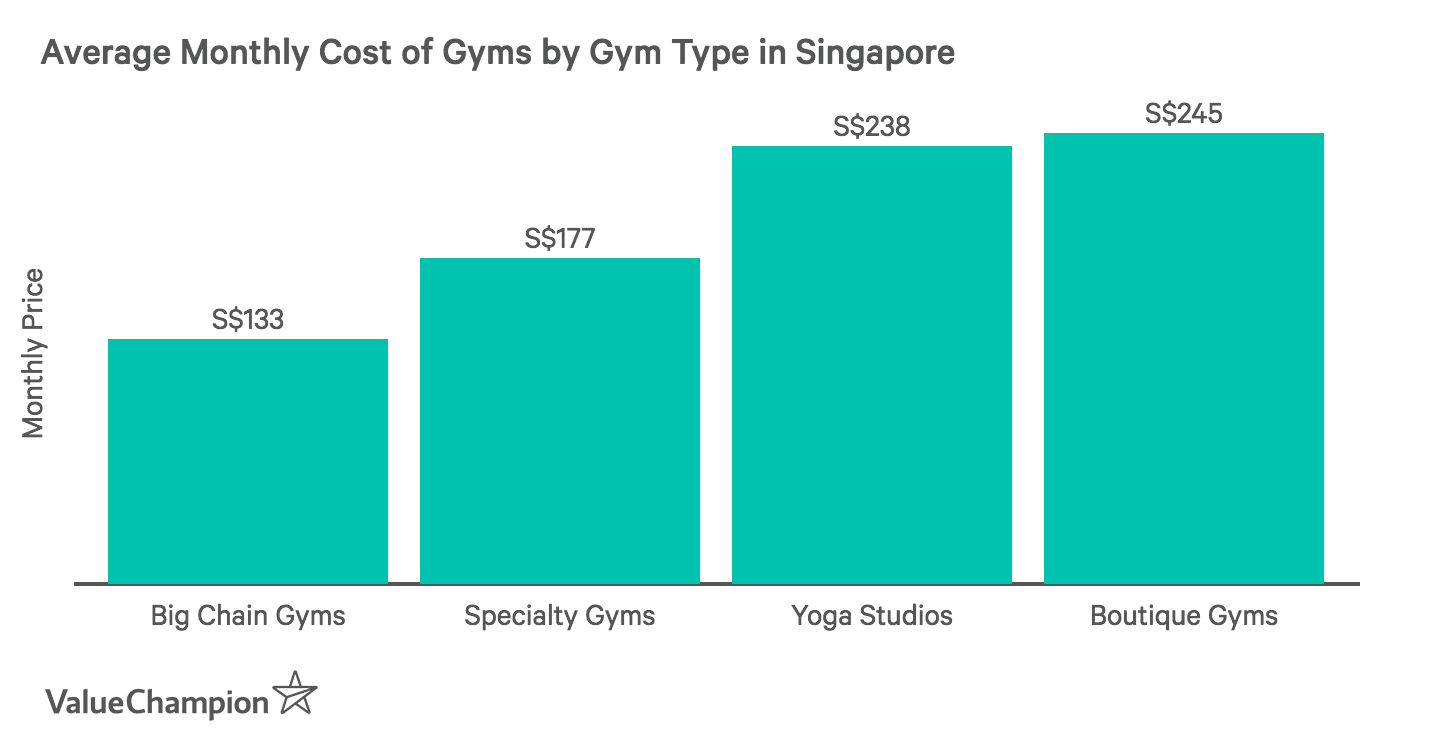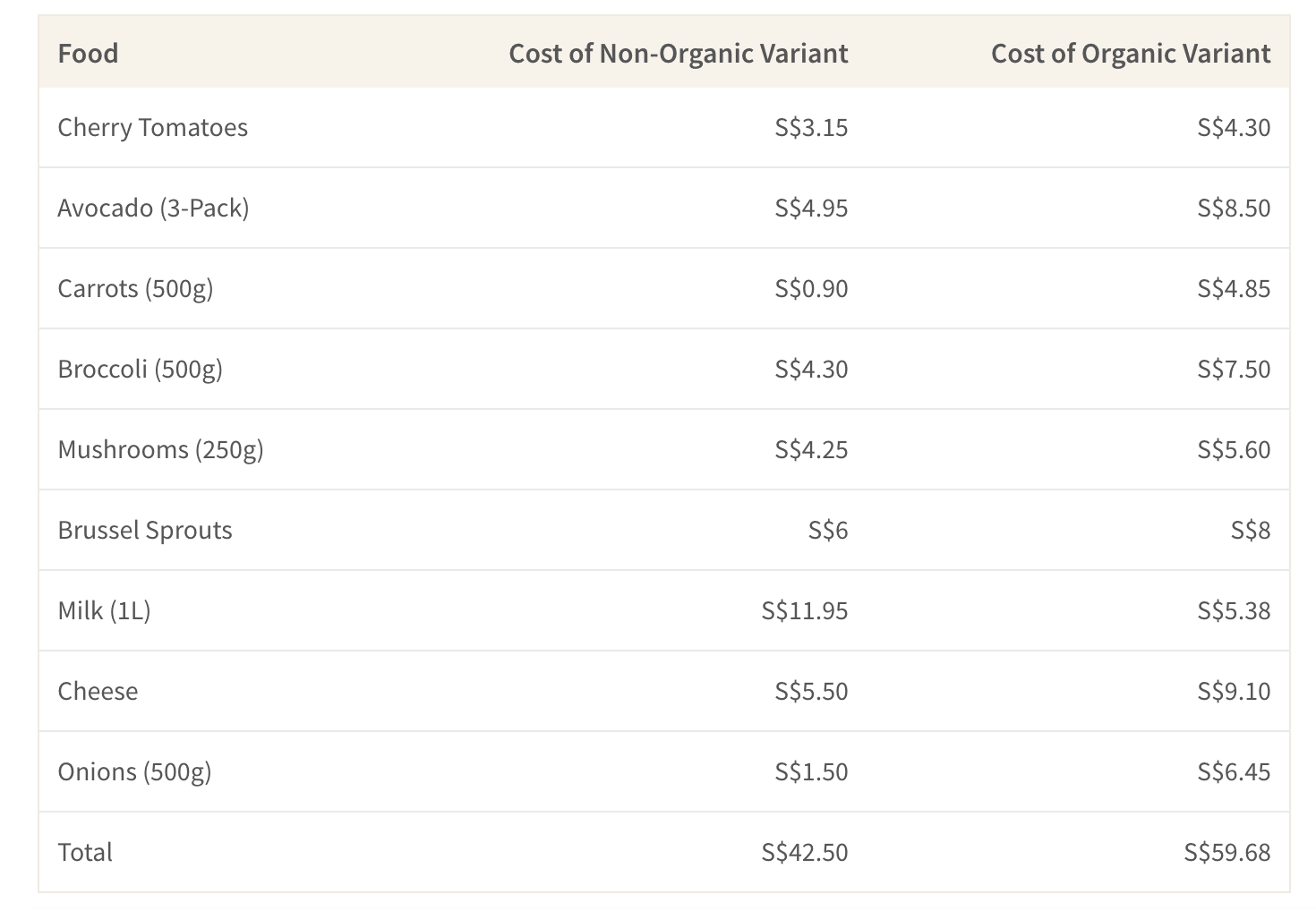5 Health Misconceptions That Can Burn a Hole in Your Wallet
Most of us have a desire to be fit and healthy. However, our hectic lives can often get in the way of living up to that potential, leading us to try to find quick shortcuts on our path to wellness. Unfortunately, some companies capitalise on this desire to be healthy and try to promote false promises of weight loss and illness cures to unsuspecting consumers. This leads to people spending hundreds of dollars on things that may do them more harm than good, rather than investing in habits that will benefit them in the long term. Below, we explore 5 health misconceptions and how they can be doing more to empty your wallet than make you healthy.
The More Expensive the Gym, the Better It Is
While luxury gyms can make you feel pampered and guilt trip you into working out due to their high monthly membership fees, they're actually not substantially better at getting you in shape than their cheaper alternatives. For instance, not only do cheaper public gyms such as ActiveSG provide almost all of the same machines and classes you'll need to get in shape, but some of the most effective exercises don't even require fancy equipment. Furthermore, unless you're going to be using things like a sauna on a daily basis, these expensive gyms may not justify their expensive cost.

Instead, there are plenty of effective ways to get daily exercise without spending a fortune on monthly gym fees. For instance, there are a plethora of free workout guides and videos online if you want to work out at home. You can also take advantage of your HDB's exercise stations or take up swimming or playing tennis if you prefer to spend time outside. You can also check out free activities organised by the Health Promotion Board, which includes fitness classes in parks and malls around Singapore and free classes at the Singapore Sports Hub. Considering that most gym memberships in Singapore cost between S$150 and S$300 per month (or as much as S$600 a month if you're considering joining Gravity), you can save a couple thousand dollars a year by switching to a cheaper alternative that is just as effective at helping you get in shape.
Supplements and High Doses of Vitamins Can Heal Anything
Ever since scientist Linus Pauling took some rather ill-advised advice and started the vitamin and supplement craze during the 1970's, people have been spending billions per year on vitamins as a way to prevent and treat every ill under the sun. Singaporeans alone spent around S$490 million on vitamins and supplements in 2017—up 20% from 2012. This amounts to the average household spending almost S$400 per year on health supplements alone.
However, taking too many vitamins can do more harm than good as studies have found that certain vitamins taken in high doses can actually lead to adverse health effects. For instance, a 2005 study from John Hopkins School of Medicine found an increased risk of death in people who took high doses of vitamin E supplements compared to those who didn't. While taking supplements when you have certain nutrient deficiencies can be beneficial, you should make sure that the supplements won't interact negatively with your current medication, that your dosage is safe and that each vitamin's potency and ingredients can be verified.
You Should Only Eat Organic Food
With fears of pesticides, antibiotics and hormones infecting our food, people may feel like their everyday groceries are not safe to eat unless they eat exclusively organic foods. However, Singapore has stringent food safety regulations that restrict many harmful chemicals and additives in both domestic and imported food. Furthermore, there are only a handful of foods that really need to be bought organic due to their prevalence of having pesticide residue. This means you don't have to spend exorbitant amounts of money buying everything "organic" to stay healthy.

For instance, while blueberries, strawberries, grapes, apples and peaches benefit you more from being organic, kiwi, papaya, grapefruit, mangoes, pineapple and cantaloupe are perfectly fine if they're not. For vegetables, you should look to buy organic potatoes, cucumbers, tomatoes, leafy greens, soy and corn, but you can skip organic sweet potatoes, eggplants, cabbage, avocados, asparagus, onions, sweet peas and cauliflower. Meat, dairy, wine and coffee are all better organic, but that depends on the country of import (i.e. USA meat and dairy often contain harmful chemicals). Considering that certain organic produce in Singapore can cost up to 440% more than their non-organic counterparts, you can save a few hundred dollars per year in grocery trips by opting to buy organic only when it actually matters.
Fad Diets Can Help You Lose Weight Fast
Every year there is a new diet that promises to help you lose weight fast and cure a plethora of digestive ills. These diets have ranged from the fairly safe vegan and paleo diets to highly calorie restrictive liquid diets. However, while some diets can be safe when done properly, others that tout miracle cures often end up doing more harm than good. For instance, diets that include eating only one type of food can lead to yo-yo dieting: a cycle of dieting and binging that leads to serious negative health risks. Yo-yo dieting has been linked to nutrient deficiencies, weight gain and all sorts of health problems including heart disease and high blood pressure. Not only will these diseases drastically affect your quality of life, but they are chronic conditions that can cost hundreds of dollars per year to treat. The best way to lose weight and to keep it off is to maintain a balanced and well portioned diet that is full of fresh greens, fruits, healthy proteins and whole grains.
Weight Loss Pills are Effective Alternatives to Diet & Exercise
After studies came out showing an increased risk of disease in those who are overweight, weight loss has become an integral part of staying healthy for many individuals. But when there is no time to go to the gym or cook healthy meals, Singaporeans often resort to weight loss supplements to try and shed the extra pounds. These supplements can be expensive—costing an average of S$50—with some costing as high as S$140. Unfortunately, not only have many weight loss pills been proven to be ineffective, but there is also a possibility of getting faulty supplements that can harm your health. Such was the case in 2017 when the Health Sciences Authority (HSA) seized more than 39,000 units of illegal health products, some of which included weight loss products containing banned substances. Instead, you can use the money otherwise spent on these products on healthy food options and taking advantage of the free exercise classes mentioned above during your free time.
Not Buying Supplemental Health Insurance Because You're Healthy
When you are healthy, it is easy to dismiss the notion of the necessity of private health insurance. After all, you have no chronic conditions, you may be on your company's health plan and you have Medishield to cover your annual checkups. However, those who are considering getting private insurance should consider purchasing a plan earlier rather than later in life for a few reasons. First, buying health insurance when you are healthy will mean lower premiums. In fact, younger individuals can see premiums as low as S$0 provided they have enough in their Medisave account. Second, any chronic conditions you develop down the line will be covered. Last, you shouldn't take your good health for granted and whereas Medishield Life has limits on coverage, Integrated Shield Plans provide 100% coverage for a myriad of issues, giving you greater peace of mind in the event of an unexpected hospitalisation.

Parting Thoughts: Think Long-Term When it Comes to Your Health
The health industry is a landscape that is constantly changing. Something that can be promoted as healthy one year can be found to be unhealthy the next year. Therefore, it is imperative to always do research to find out exactly why something is deemed good or bad for you, how accurately the studies were conducted and who may benefit the most from advertising a certain viewpoint. You should reach out to your doctor if you doubt the validity of a new finding or you are curious about trying out a new treatment, as they not only know your individual medical history but also have years of research under their belt and can help you make the best decisions for maintaining your health.

